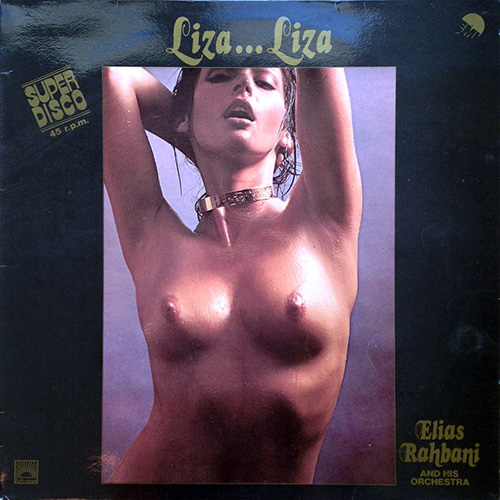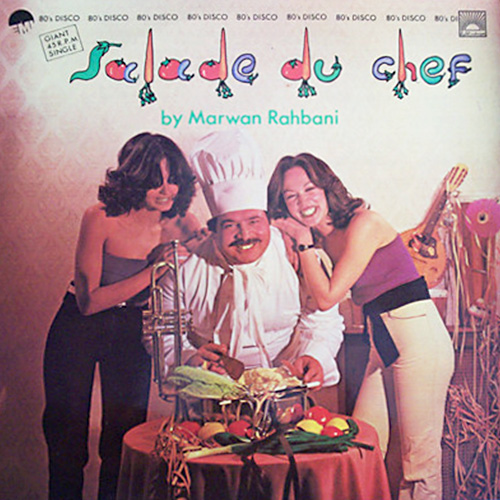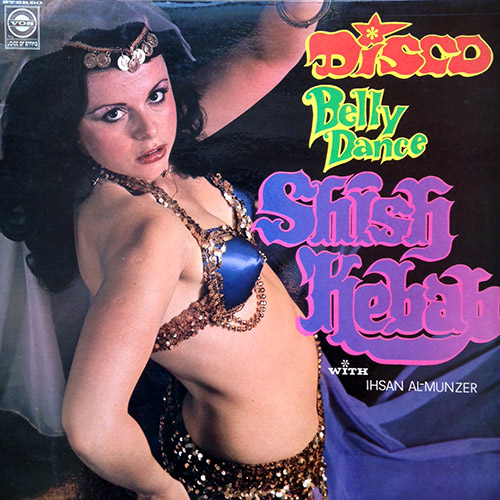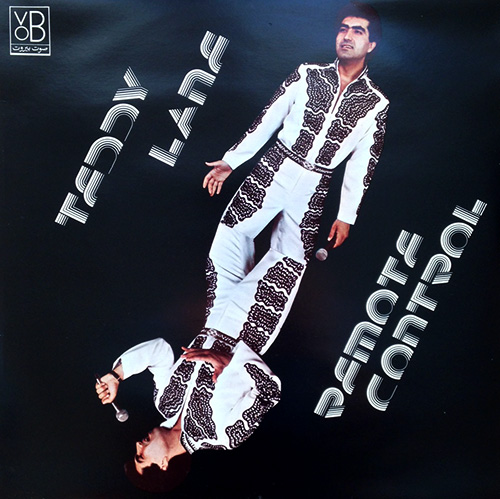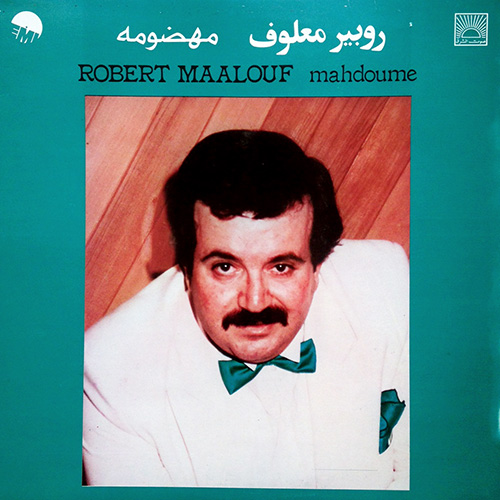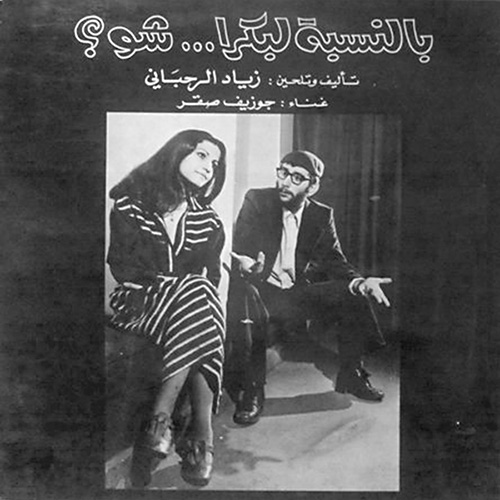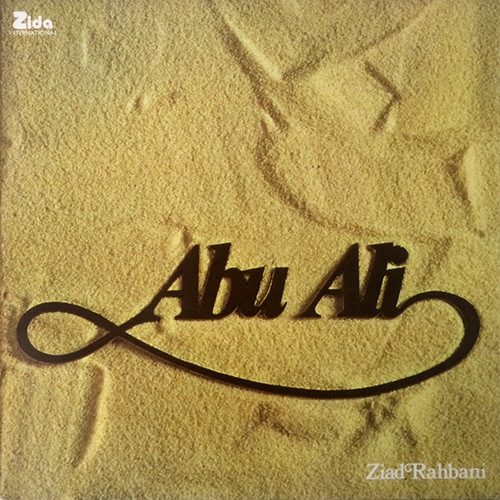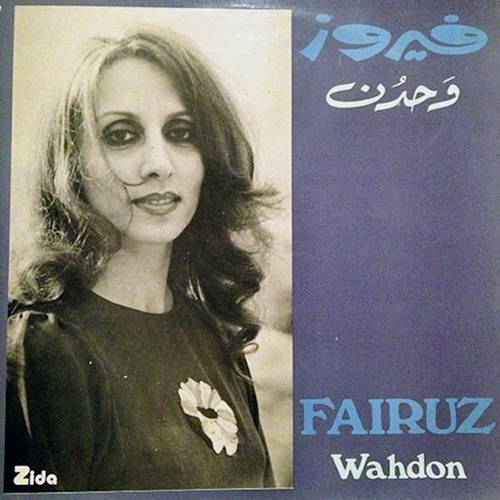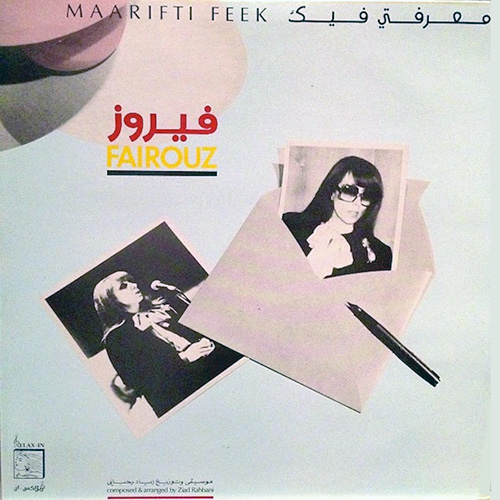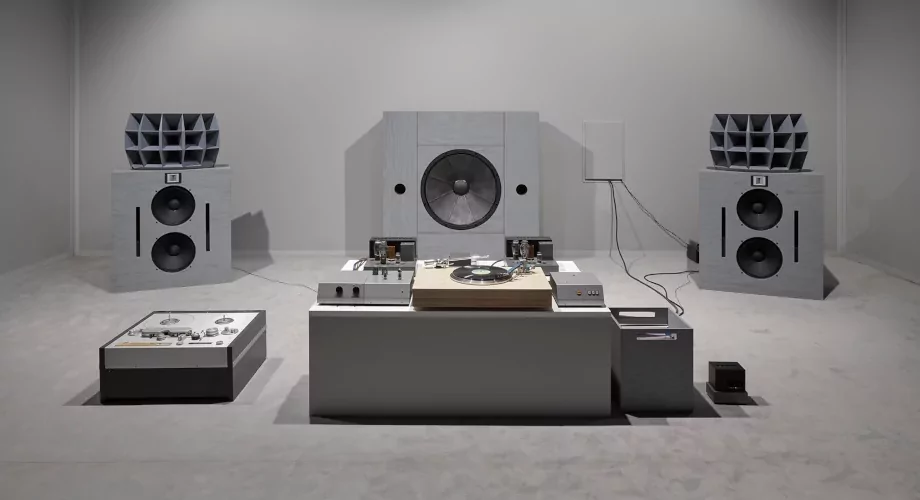Published on
September 16, 2014
Category
Features
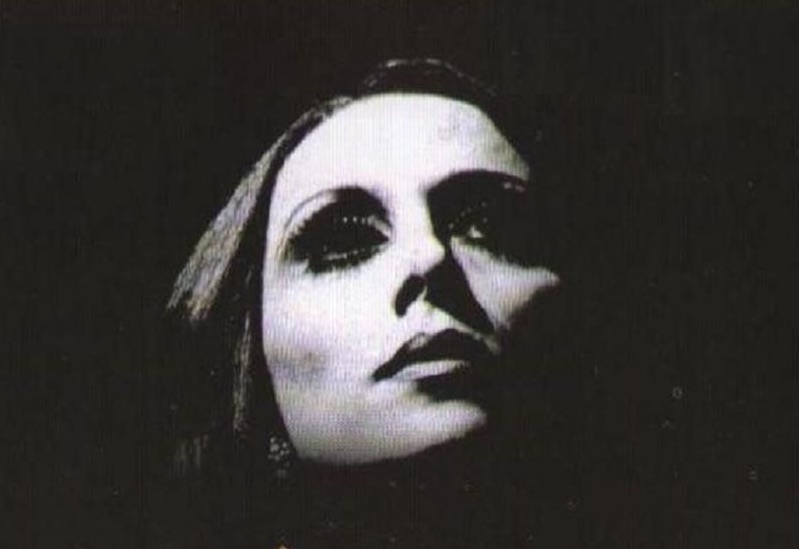
Elias Rahbani
Mosaic Of The Orient
(Voix De L’Orient, 1972)
Elias Rahbani’s first studio album, Mosaic Of The Orient was recorded in Beirut with the assistance of producer Farid Abul Khair who suggested bringing together the Eastern sound of the Näi (Arabic flute), Bouzouki (Guitar), Tabla (Hand Drums) with Western rhythm. An example is the ‘Dance of Maria’ which has been heavily sampled for its breaks by hip-hop producers over the last 3 years. The album, which is entirely instrumental, delicately weaves between psychedelic folk music and funk.
Elias Rahbani and his Orchestra
Liza, Liza
(Voix De L’Orient, 1978)
The title track ‘Liza, Liza’ is an uptempo slice of disco, which combines English with Arabic singing to create a hypnotic melody, using the bass of the fuzz guitar to drive the song. On the flipside, is a psychedelic disco track ‘From The Moon’ which is perhaps even more unexpected. As radical as this music was in 1978, the cover further evokes the liberal thinking and western influence on Beirut at the time. These tracks contrast both Elias Rahbani’s earlier works and the folkloric music he produced on the album With Love… which this single came from.
Marwan Rahbani
Salade Du Chef
(Voix De L’Orient, 1980)
Elias Rahbani’s nephew, Marwan produced Salade du Chef aged 22 years old at the Baalbeck studios. A psychedelic disco medley with a twist: it slows down to a grind halfway through, before picking up again to reinitiate a dance. The B-side of the record is almost completely stripped of vocals, apart from the brief chant: “Salamat Oum Hassan”. Marwan later went on to produce music with his brother Ghady, before focusing his career on film, television and theatre.
Ihsan Al Munzer
Shish Kebab
(Voice Of Stars, 1980)
A contemporary take on belly dance music, adding an electric guitar and synthesizer to an oriental orchestra. The title track ‘Shish Kebab’ reflects characteristics of the Lebanese belly dance, which is fast paced, requiring more space than Egyptian and Turkish styles. Other artists to have added a psychedelic component to traditional dance music are Mike Hegazi and Omar Khorshid, both famed guitarists, by contrast Ihsan Al Munzer focused on playing pianos, organs and synthesizers.
Teddy Lane
Remote Control
(Voice Of Beirut, 1983)
This one is a mystery: a synth pop record which deviates from the otherwise traditional output of Beirut’s Studio Boudy Naoum in which it was produced. Very little aside from the cover gives away the Lebanese origins of this record, the title track ‘Remote Control’ uses vocoders and synthesizers to create an eerie cosmic sound. The vocals on this 4 track EP are entirely English, other interesting tracks on the record include: ‘Outrageous Girl’ and ‘Stay Lady Stay’ which are both faster paced with extended guitar solos.
Robert Maalouf
Mahdoume
(Voix De L’Orient, 1986)
Little is known about Robert Maalouf apart from that he produced this album at the Baalbeck Studios with Farid Abulkheir. Farid managed the studio and was an accomplished sound engineer, responsible for Marwan Rahbani’s Salade Du Chef as well as various records by Fairuz. The back cover shows Maalouf both inside the studio and outdoors in what seems to be a hotel garden in Beirut. The highlight of this LP is the oriental groove ‘Ana Wil Leyl’ which is the only instrumental track on the record.
Ziad Rahbani & Joseph Sacre
Bennesbeh Labokra Chou
(Zida Records, 1978)
A studio version of a 3-part live recording composed by Ziad Rahbani, with the vocals of Joseph Sacre. The tracks: ‘Esmaa Ya Reda’, ‘Oghneyat Al Bostah’ and ‘Aayesh Wahda Balak’ were local hits and still popular in Lebanon. Beyond the traditional music, this LP includes two instrumental interludes and ‘Al Taheyah’ which are fused with western compositions. ‘Introduction 1’ combines a cinematic introduction and a groove inspired by Bossa Nova, built up with the sound of Arabic flutes.
Ziad Rahbani
Abu Ali
(Zida Records, 1978)
A jazz funk masterpiece produced by Ziad Rahbani in 1978. Ziad flew his entire orchestra over to Greece, combining them with local drummers, guitarists and engineers to create a two track LP, each over 12 minutes long. As brilliant as both sides are, the record didn’t succeed commercially: edited versions were never released for radio and pirate cassettes were abundant at the time. Although pressed by EMI Greece, few copies of this record made it outside the Middle East, hence this has been prized amongst collectors in the West. For more information on Abu Ali and the Zida Record Label, please see this blog post.
Fairuz
Wahdon
(Zida Records, 1979)
Upon hearing the track ‘El-Bosta’, you’ll hear a resemblance to ‘Abu Ali’, which is no coincidence as this LP was produced by Fairuz’s son: Ziad Rahbani. This was a period when both artists were seeking to broaden their musical horizons. By 1979, Fairuz was established as the voice of Lebanon, having toured the Gulf Nations as well as North America and Europe. Her previous records were produced by the Rahbani Brothers: Assi and Mansour, however in 1979 when Assi’s health deteriorated his son Ziad, took over, deviating from the folkloric sound to integrate elements of Jazz and Funk.
Fairuz
Maarifti Feek
(Relax-In, 1987)
By 1987 the working relationship between Fairuz and Ziad Rahbani was well underway, his friend, the lyricist and poet, Joseph Harb wrote much of this LP. The interludes are accomplished pieces of funk, especially ‘Ouverture 83’ which combines an orchestral arrangement with synthesizers. The most popular song on record was ‘Li Beirut’, a melancholic song about the state of Beirut at the time. Aside from the interludes where one can hear Ziad Rahbani’s production, the track ‘Al Oula’ combines Fairuz’s unique voice with jazz inspired instrumentation.


